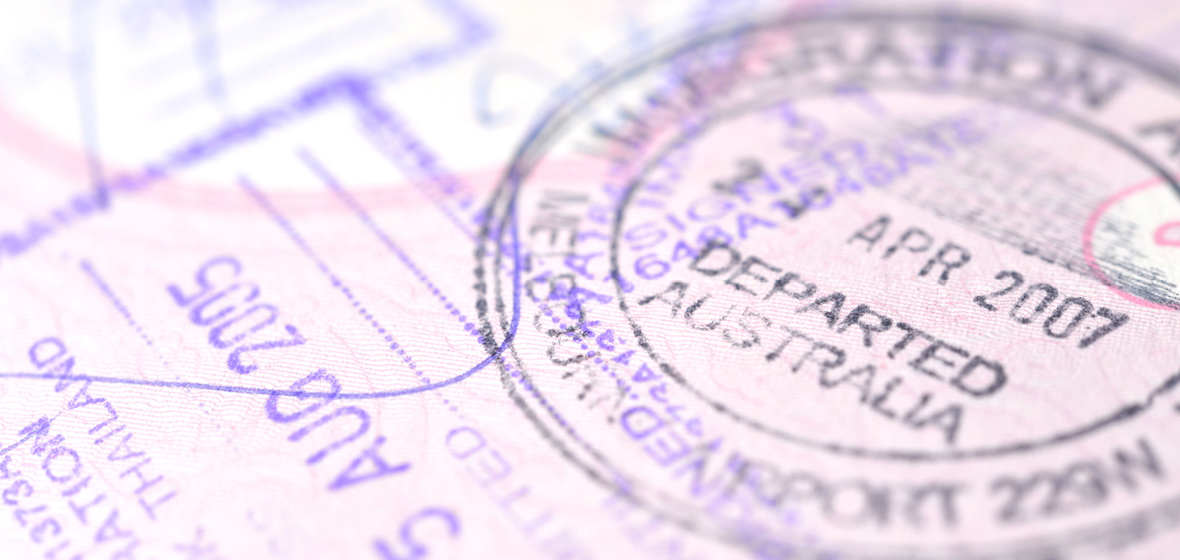Snapshot
- Does the Commonwealth have the power to pass a law that prevents an Australian citizen from entering Australia?
- This and other thorny questions of constitutional and international law arise from the recent passage of the Government’s controversial Counter-Terrorism (Temporary Exclusion Orders) Act 2019.
- The Act empowers the relevant Minister to make a ‘temporary exclusion order’ preventing an Australian citizen (as young as 14 yrs) from coming home for a period of up to two years if assessed as a security risk. The reviewing authority is expressly non-judicial.
- Much will hang on a decision of the High Court in the event of a Constitutional challenge. If Australian citizens are found not to enjoy the right of abode in their own country, citizenship will be much diminished. The consequences will reach far beyond this particular case.
The Counter-Terrorism (Temporary Exclusion Orders) Act 2019 (Cth) (‘TEO Act’) was passed by Parliament in July this year, receiving royal assent and coming into effect on 30 July. In summary, the Act empowers the relevant Minister to make a ‘temporary exclusion order’ (‘TEO’) preventing a person from entering Australia for a specified period of up to two years. A TEO may not be issued unless the Minister suspects on reasonable grounds that it would substantially assist in preventing a terrorist act, support for a terrorist act, or assistance to a terrorist organisation; or, if the person has been assessed by ASIO to be a security risk, ‘for reasons related to politically motivated violence.’ Under section 10(1)(b) of the Act, the person must be an Australian citizen.
Immediately after a TEO is made it must be referred for review by the Minister to a ‘reviewing authority’ (s 14), either a former superior court judge or senior member of the Administrative Appeals Tribunal, acting in a personal capacity (s 23). If the subject of a TEO makes a request for a return permit, or is subject to a deportation or extradition order to Australia, the Minister must issue such a permit. Conditions may be attached to the return permit, including preventing the citizen from entering Australia for up to twelve months. A person, subject to a TEO, commits an offence (attracting up to two years imprisonment) if he or she enters Australia without a permit. Third parties who knowingly assist that person’s return also commit an offence. The purpose of the Act is stated to be ‘to protect the community from terrorism’, allowing the return of Australians who travel overseas to join terrorist organisations to be ‘carefully managed’ by authorities (House or Representatives, Explanatory Memorandum to the TEO Bill 2019, p. 16).
Review by the PJCIS
The TEO Bill was reviewed in early 2019 by the Parliamentary Joint Committee on Intelligence and Security (‘PJCIS’). The Committee’s report (Advisory Report on the Counter-Terrorism (Temporary Exclusion Orders) Bill, April 2019) included multiple recommendations for amendment, several of which were incorporated into the Act. The Report also recommended that the Government ‘obtain legal advice from the Solicitor-General, or equivalent, on the constitutional validity of the final form of the Bill’ (Recommendation 18, Report, p. 52). Although doubts about the Bill’s constitutional validity were further raised by the Opposition and the Centre Alliance Senators during its passage through Parliament, these doubts were set aside by the Opposition in its decision to support the Bill.
Constitutional concerns
The Bill was controversial for multiple reasons, including its provision for the Minister’s non-observance of procedural fairness, its potential impact upon child citizens (who may be subject to a TEO from the age of 14), and concerns about its compatibility with international human rights law. None of these particular concerns was addressed in the amendments to the Bill prior to its enactment. On the question of constitutional validity, two main concerns also remain. First, does the Executive have the constitutional power to exclude citizens on the grounds that they may commit or support an act of terrorism, and to attach conditions on a TEO, the breach of which attracts imprisonment? Second, does the Commonwealth have the power in the first place to pass a law that prevents an Australian citizen from entering Australia? Specifically, do Australian citizens have a constitutional right of abode and with this, the right to return to Australia?




